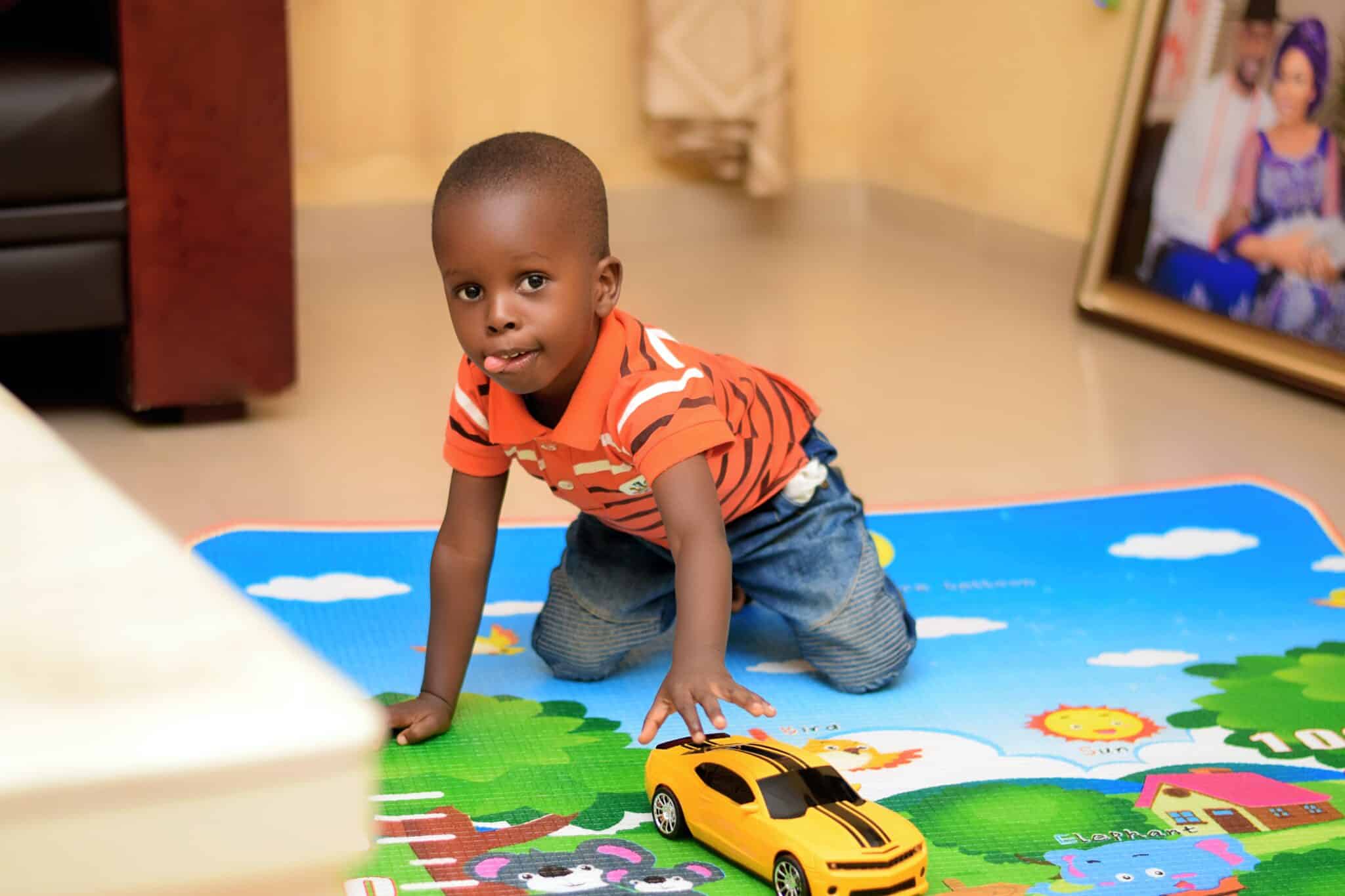Finding the right daycare for your child can be a tough task. If your child has severe pediatric hearing loss, you may be especially concerned with whether a specific facility can meet your child’s needs.
The ADA Protects Children With Hearing Loss 
The good news is that the Americans with Disabilities Act (ADA) requires that childcare providers “provide children and parents with disabilities with an equal opportunity to participate in the childcare center’s programs and services.”
Specifically, it goes on to state that (among other things):
- Centers cannot exclude children with disabilities from their programs unless their presence would pose a direct threat to the health or safety of others or require a fundamental alteration of the program.
- Centers must make reasonable modifications to their policies and practices to integrate children, parents, and guardians with disabilities into their programs unless doing so would constitute a fundamental alteration.
- Centers must provide appropriate auxiliary aids and services needed for effective communication with children or adults with disabilities, when doing so would not constitute an undue burden.
As a parent of a child with severe hearing loss, it’s important to know what rights are guaranteed to your child under the law so that you can best advocate for them in any setting.
Daycare Accommodations for Children With Severe Hearing Loss
If you are a daycare provider, you might be wondering how to make your room more accessible to children with severe hearing loss. Here are some ideas:
- Minimize distracting sounds. This can be done in several ways. Make sure to close windows and other doors to the room to avoid outside noise. Turn off any music when you need a child’s full attention, and try to choose a quiet place in the room for any activities that require a child with hearing loss to listen and communicate. You can also purchase carpets, drapes, rugs and pillows to help absorb excess sound.
- Practice good communication strategies. When talking to a child with hearing loss, make eye contact before you start speaking. Try to always face them and avoid covering your mouth when talking as well. Using visual cues can also be helpful when conveying important information about activities.
- Understand how to troubleshoot any listening devices. Children with hearing loss will likely have devices like pediatric hearing aids or cochlear implants to help them hear. Knowing how to troubleshoot or do things like changing the batteries in hearing aids when needed is very important to make sure they can hear their best all day.
- Repeat stories and songs to increase language skills. Reading the same stories or singing the same songs encourages children to repeat refrains and certain lines. This can improve confidence and facilitate language development in those with pediatric hearing loss.
Treating Hearing Loss in Children
While some children have hearing loss from birth, others don’t develop symptoms until later. If your child is having trouble hearing at home, daycare or when out playing at Ragle Park, call Southwestern Hearing & Balance and schedule an appointment for a hearing test right away.

